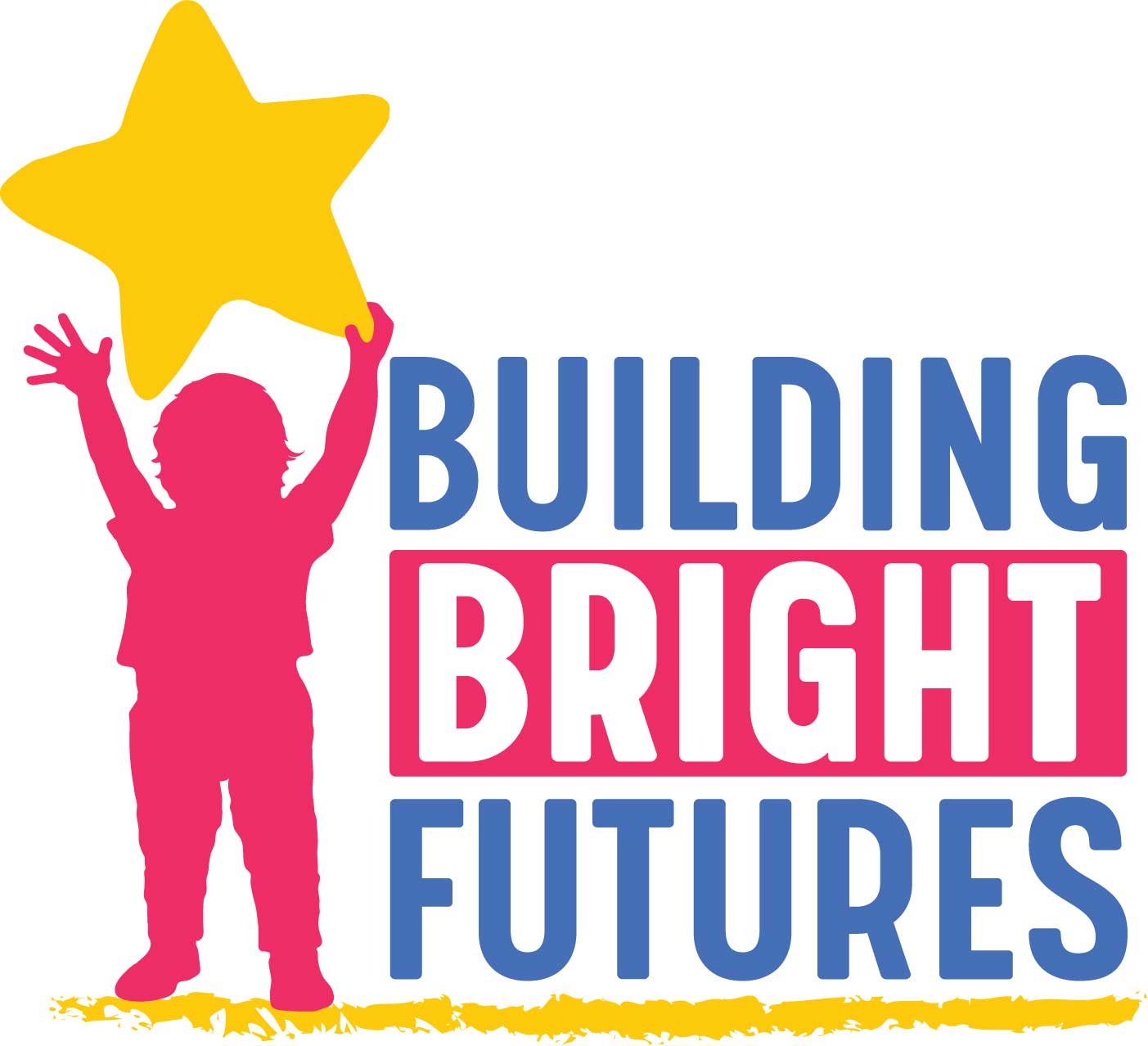By Steve Ames, Regional Coordinator for Central Vermont and Lamoille Regions
A few months back I spoke with the Co Chair of the ECAP Family and Communities Committee Shannon Hottinger. Shannon lives in Warren with her family and answered some questions for me. Thank you Shannon for your ongoing work for Vermont’s young families!
Shannon, thanks for joining me to talk about early childhood and your work in the field! To begin with, what interests you in early childhood?
Shannon: Early childhood is such an important phase in our lives- it’s when our biological wiring is developed and when we form our first relationships with our family, friends and communities. I feel it is everyone’s responsibility to ensure children are well cared for and experience an early life that helps promote their full well-being. Children are so full of wonder and have an inspiring, uninhibited joy for life, making it easy for me to want to ensure they live in a world that is kind to them.
You and I first met when you were supporting the Promise Communities effort at the Agency of Human Services – what were you doing before then, and how has your life and work inspired you to lead the Families and Communities Committee of Building Bright Futures (together with Renee Kelly)?
Shannon: Prior to working on the Promise Communities Initiative, I was Program Coordinator for a child sexual abuse prevention program in VT. Before then, I worked in Hawaii and San Francisco with youth and young adults in schools, shelters, and correctional facilities, mostly focused on reproductive health and commercial sexual exploitation prevention. I worked with many people struggling because of the trauma they experienced as children. This motivated me to focus on preventing trauma by creating more supportive communities for young children and their families.
You worked representing Vermont working on a Racial Equity and Parent Leadership Manifesto with the Center for the Study of Social Policy (CSSP) recently: would you describe that?
Shannon: CSSP supported a gathering of parent leaders and program staff from around the country to develop a vision for racial equity and parent leadership in early childhood systems. We explicitly addressed the intersection of parent leadership and racial equity then created a vision and commitments for systems to engage with parents in a way that promotes equity and equitable outcomes for children. First, we recognized that our systems are imperfect- they are rooted in structural racism and therefore we must challenge racism and take proactive steps to ensure families of color or otherwise disenfranchised families have equitable access to what they need to thrive. We developed 5 Commitments for Change, each with suggested action steps, so the vision and how to get there is laid out in the Manifesto.
A key takeaway from this gathering was that ‘users’ of a system are also experts on that system and bring a different and valuable perspective. Programs, services, and personnel that make up the early childhood system need to commit to being responsive to ideas brought forth by parents and families, the users of the early childhood system. Engaging parents as partners in decision-making and backing up parent engagement efforts with consistent funding is necessary.
Describe the Early Childhood Action Plan Committee you chair with Renee Kelly?
Shannon: The Families and Communities Committee is a parent-professional partnership to strengthen parent/family leadership in the early childhood system in Vermont and in policy development. We are guided by the Early Childhood Action Plan. This committee is unique in that we’re working directly with parents to help identify key issues relevant to them. This poses an opportunity to better meet the needs of Vermont families, thus creating better experiences for young children. I’m involved as a parent because I recognize the current energy around addressing racial equity in Vermont systems and I want to contribute to seeing that to fruition. The parent-professional partnership is encouraging because parents have direct contact with people in the system and we are together at the table discussing and strategizing. This is an opportunity to model what effective parent leadership looks like.
Why do you think family engagement is so critical in early childhood?
Shannon: As mentioned above, parents are key informants on how the system is working for families. Parents need to be involved in policy development so policies and the system reflect their needs. Early childhood is a very hard time for parenting and parents often need support in some way. Most of us start parenting with not much experience.
Early childhood is unique because children are cared for around the clock by parents and other caregivers. This means, we need to engage with the parents and caregivers and support them to provide the best environment they can for their children. Having positive experiences with the programs and services we engage with is crucial- it can set us on a path to trust each other (and the system) and get our needs met. Being connected to our community and having people we can trust and rely on is fundamental for healthy parenting.
What’s your dream for your children’s experience if they have children in Vermont?
Shannon: I hope my children can draw on their experience as a child to inform their parenting (and make improvements of course). I hope they can find confidence, kindness, and patience even in the toughest of times. They’ll live in a community that recognizes everyone is responsible for creating a safe, loving, nurturing space for children. The community will be supportive, they’ll enjoy nature and they’ll have friends and family that love them and help out. Their community will recognize the importance of investing in early childhood opportunities (education, enrichment, outdoor spaces, etc.) so their children can grow up in an experience-rich environment.
About Shannon:
Shannon Hottinger currently spends the majority of her time homeschooling her two young children. Prior to this commitment, her work focused on developing parent leadership in early childhood systems and supporting communities as they develop and implement an action plan to positively impact young children. Shannon believes in equity and prevention as the first hope and honoring the histories and lived experiences of people when designing solutions to complex social issues. Throughout her career, she has worked in myriad roles at non-profit organizations serving youth from early childhood to young adulthood. Her prior work includes Program Coordinator of a child sexual abuse prevention program; Advocate for low-income folks seeking governmental benefits; Outreach Educator at UCSF’s New Generation Health Center; and Youth Counselor and Sexual Exploitation Prevention Facilitator in youth shelters, schools and youth correctional facilities.
A bit of a hummingbird when it comes to interests, Shannon is inspired by the racial, environmental, and social justice movements taking root throughout the nation. She studied Health Education and Holistic Health at San Francisco State University. Hailing from the Bay Area, California, Shannon now lives in Warren, VT with her partner and two children.






